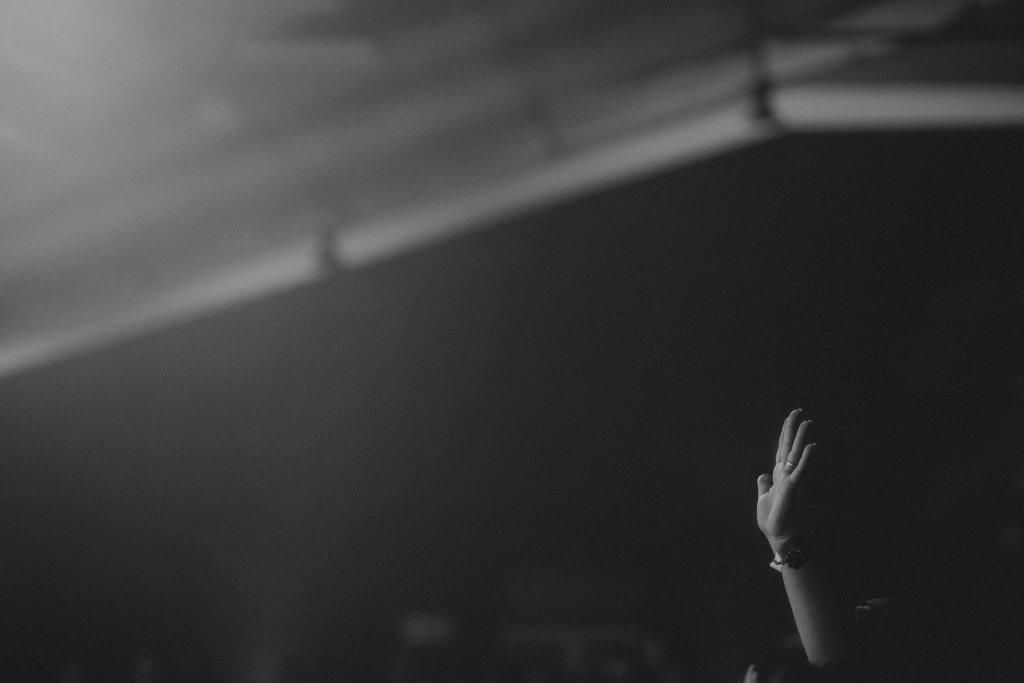Thoughts from a moderately anxious woman of faith

Anxiety has become a national crisis. This is the conclusion of a U.S. panel of experts, and it is also the manifest reality for many of us who are parents, community members, pastors, teachers, employers – let’s just say for all of us who are humans.
Health experts have been tracking the epidemic of anxiety for several years, and have watched it surge alongside the pandemic, climate change, inflation, shootings and violent conflicts. The U.S. Preventive Services Task Force recently recommended that all children, adolescents AND adults be screened for anxiety at every health visit.
When I read about this new recommendation it struck me quite personally. I wondered what questions are used to screen for anxiety, and how I would answer them. I found my way to the anxiety screening test of Mental Health America, which informed me that I am moderately anxious. The site then led me through some useful exercises to identify the thoughts that are making me anxious and how I can work at reframing them.
I was already aware of my anxiety, which I work at in a variety of ways. I am unashamed to talk about it. Sitting with a first-year student in the grips of anxiety, I looked her in the eye and said: “I struggle with anxiety too. You are not alone and we will get through this.”
Anxiety can affect anyone, but it strikes women more than men. I recently attended a lecture by a celebrated man who had led through some tremendously challenging conflicts. I was struck by his obvious confidence. Surely he has had moments of despair, when he was shaken to the core. If so, he did not hint at them. I left trying to imagine what it would feel like to embody such confidence. I was envious. I mentioned it to a friend, remarking, “What would that be like? Maybe I just need to channel that kind of certainty. No regrets; no vulnerability.” Her reply was immediate and clear: “You have your own leadership style. Be yourself, not an imitation of someone else.”
Of course she is right. While I do believe there are moments to “fake it till you make it,” that’s not my best approach for the long haul.
Much better is to be honest – speaking our anxiety aloud with friends, having the courage to be vulnerable, finding what works for each of us, in our minds and bodies. For me, what works is a combination of worship, physical exercise, prayer, journaling, gratitude practices, re-collecting my mind in the here and now. And when needed, seeking expert help.
At Goshen College, we are working to address anxiety in our community while also having conversations about faith. For me these days, faith does not arise from piety or virtue, it’s an existential need.
The Apostle Paul wrote that “faith is the substance of things hoped for, the evidence of things not seen.” (Hebrews 11:1) Similarly, the author and podcaster Glennon Doyle has described faith as “the longing for a truer, more beautiful world.” And faith in action is not just having the longing, but stretching for it.
That’s what I need in a faith community. I need a community where we can be honest. To be our vulnerable selves and also take action together toward the life we long for. Faith is very much a team sport.
Faith is the knowledge in the marrow of my bones that there is a powerful force for love in the world that is stretching for all of us, in personal and tangible ways. A force that I and many others call God. My faith community reminds me of that when I forget – in music and word and deed.
In a recent campus chapel, Scott Hochstetler, professor of music, and our Chamber Choir led a full sanctuary in this song by Melanie DeMore. Singing and clapping together, it was faith as a team sport.
If you struggle with anxiety too, you are in good company. It’s hard to be human these days. We’ll get through this together in faith.
Rebecca Stoltzfus




